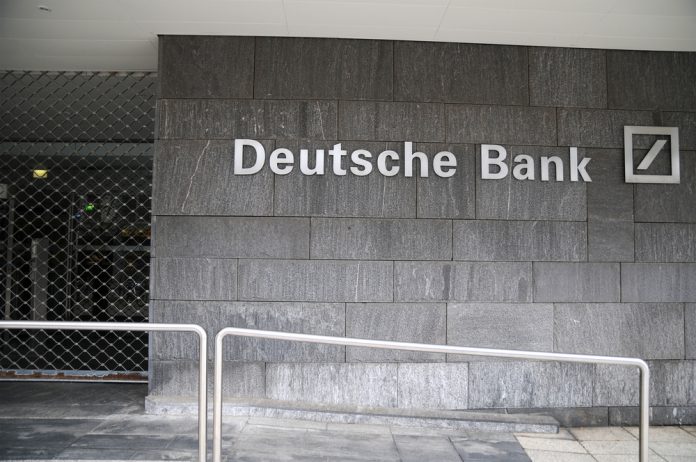Deutsche Bank (ETR: DBK) has fired its British chief executive, John Cryan, after years of losses at the German lender.
Replacing Cryan will be the bank’s co-deputy chief executive Christian Sewing, who will act as chief executive immediately.
Cryan joined the German lender in 2015 and has seen the bank through years of losses and a series of scandals. His contract was due to end in 2020.
Paul Achleitner, the chairman of Deutsche Bank, said Cryan had “laid the groundwork for a successful future of the bank” despite his “relatively short tenure” as the group’s chief executive.
He was taken on in 2015 overhaul the bank following a series regulatory problems, however, the search to replace him began when in February, the bank reported an annual loss of €500 million (£436 million).
The bank has had a turbulent few years, facing fines of $7.2 billion (£5.9 billion) from the US authorities following an investigation into mortgage-backed securities.
In June 2016, Germany’s biggest lender also failed the US stress test, assessing how the bank would perform in a financial crisis.
An analyst at Independent Research, Markus Riesselmann, said Cryan “had to battle serious problems that his predecessors swept under the rug for years”.
“He’s largely cleared those up and now it looks like Deutsche can’t turn things around regarding margins, but I doubt a new chief executive could successfully make that transition. It seems rather to be a fundamental ‘Deutsche Bank problem’,” he said.
In the same emergency meeting that was held on Sunday night, the bank also announced plans for Garth Ritchie to become sole head of the bank. This role was previously shared with Marcus Schenck, who is leaving the bank on 24 May.
Sewing, who has replaced Cryan, wrote in a letter published on the bank’s website: “The priority is to leverage our strengths and to allocate our investments accordingly. And at the same time we will look to free up capacity for growth by pulling back from those areas where we are not sufficiently profitable.”

